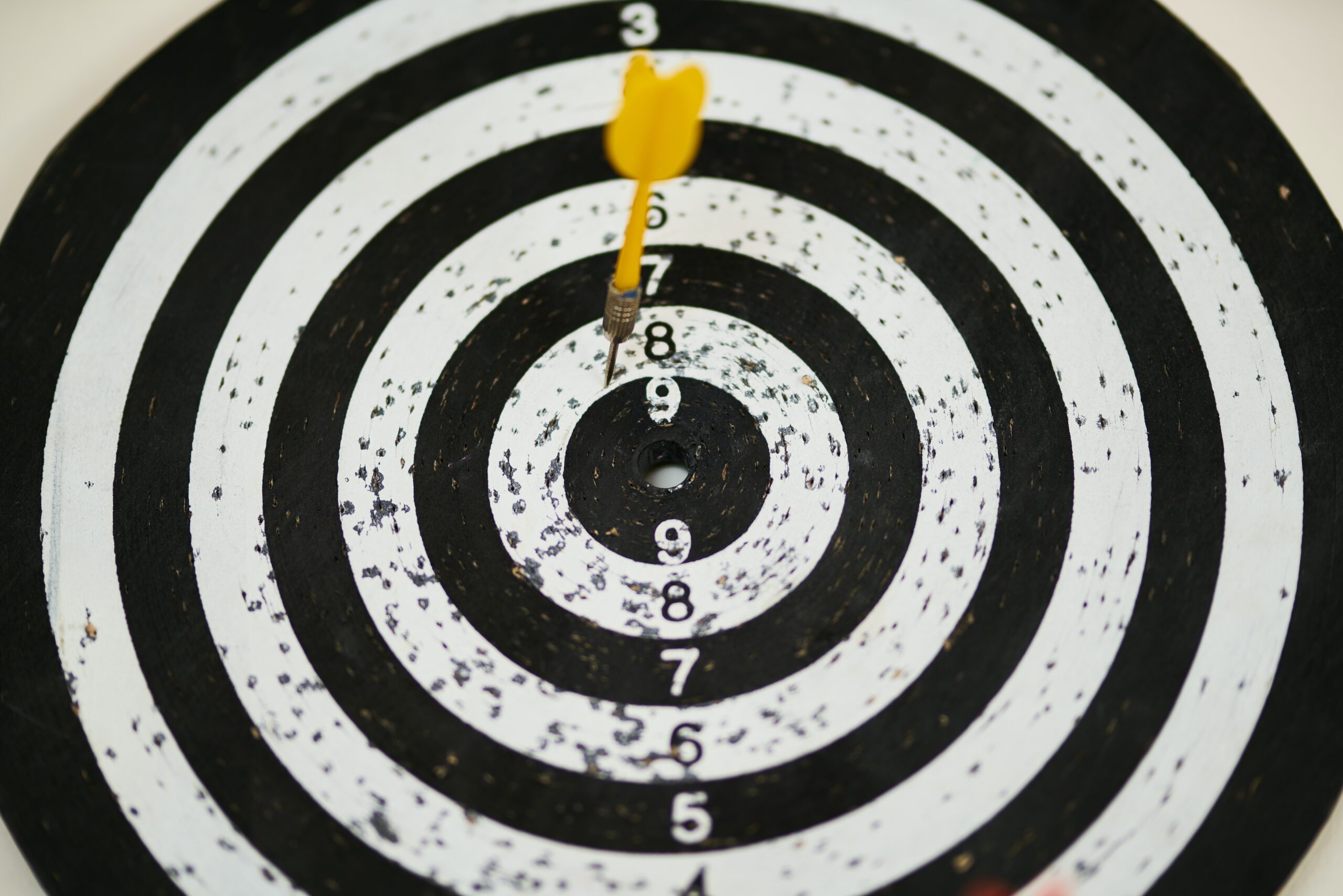Everything You Need to Know About Your Credit Score
November 28, 2022

Your credit score is one of the most important numbers in your life.
Lenders use it to decide whether or not to lend you money, and insurance companies decide how much they should charge you (and how much they should pay out if you get in an accident).
It also determines whether you can buy a house, rent an apartment, get a cell phone contract, or even get some jobs. That’s why it’s important to know how your credit score is calculated and everything else you can do to improve it.
By understanding what goes into your credit score, you’ll be better able to plan financially and reach your financial goals sooner.
The Basics: What Is A Credit Score?
A credit score is a number that represents your creditworthiness. It’s based on the information in your credit report, including how you’ve paid off debts and whether you’ve had any judgments or bankruptcies.
The higher your credit score, the lower the interest rate you’re likely to get when borrowing money. That means it will cost less to borrow $10,000 at an interest rate of 10% if you have an excellent credit score than if your credit score is fair.
Three main credit-reporting bureaus- Equifax, Experian, and TransUnion – track most Americans’ credit histories. Generally, a good credit score falls between 685 and 744 points on a 300 to 850-point scale.
How Is My Credit Score Calculated?
Your credit score is calculated based on the information in your credit report. The better your credit history, the higher your credit score will be.
And if you have a high enough credit score, you may qualify for lower interest rates and even some types of loans. And keeping track of how much debt you have and how much you’re using versus how much you owe.
As long as you’re responsible with your credit cards and make payments on time, it’s likely that your credit score will increase over time. If your credit score has taken a hit, don’t panic; there are plenty of things you can do to raise it again.
How Can I Improve My Credit Score?
One of the most important steps is to ensure you’re using credit responsibly. Paying your bills on time, keeping your balances low, and not applying for too many new accounts will all help your credit score.
Another thing you can do is to dispute any inaccurate information in your report with the appropriate agency. It’s also a good idea to keep your oldest account open, as it typically positively impacts your credit history.
Lastly, if you need cash but don’t have the money to pay off an account, consider taking out a secured loan or line of credit instead.
What Are The Consequences Of Having A Low Credit Score?
A low credit score can make getting loans and finding a living place harder. A low credit score can also affect your ability to get a job or rent an apartment.
Companies may be less likely to hire you, and landlords might charge you higher rents. It’s important to know what affects your credit score because that will help you take steps toward improving it.
The best way to improve your credit score is by paying bills on time and getting copies of your report from each of the three major credit bureaus.
Conclusion
Your credit score is a numeric representation of your history of borrowing and repaying money based on the information in your credit report.
It can affect whether you qualify for a loan and the interest rate you’re charged. So, it’s advisable to understand your credit.






